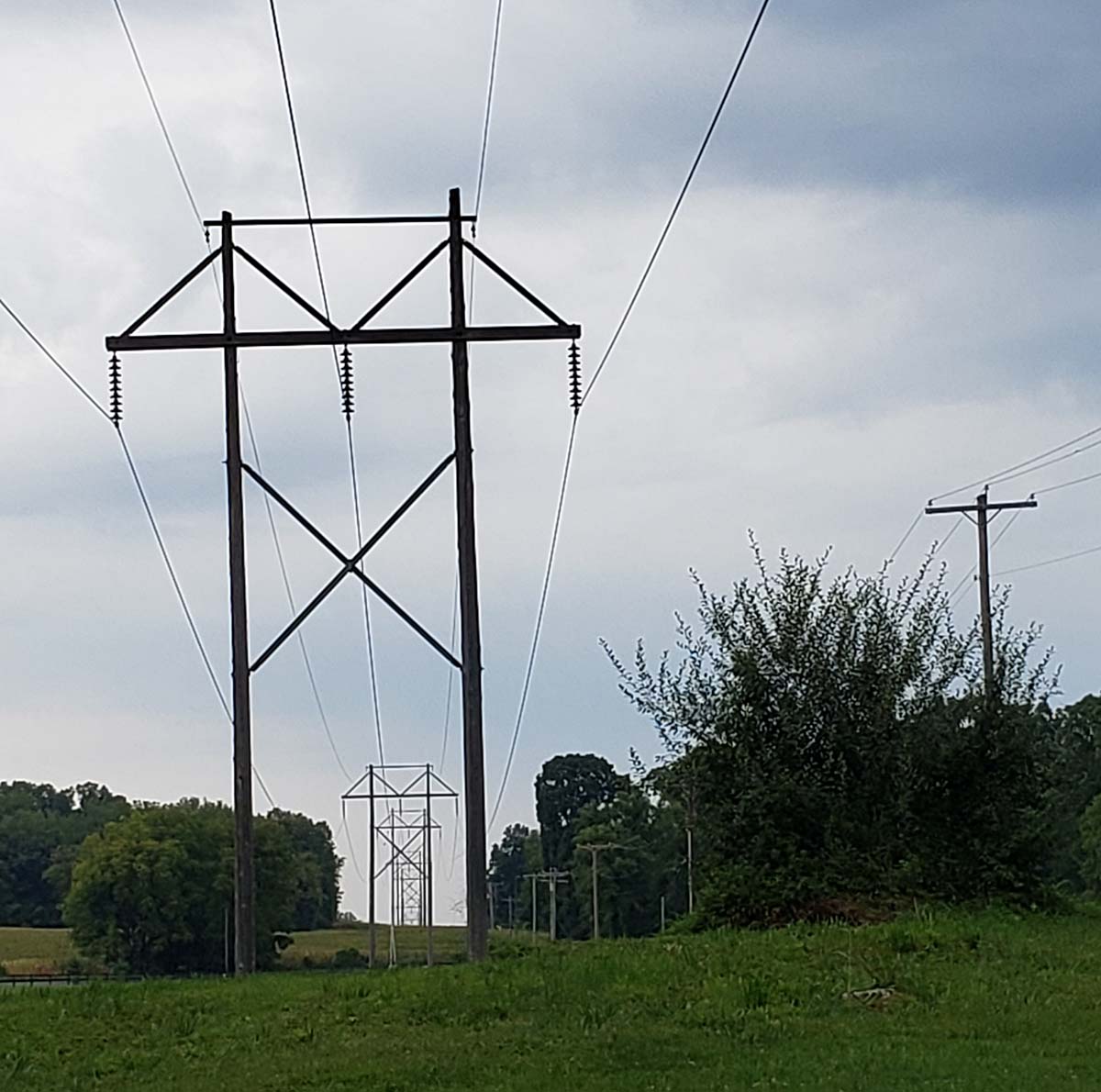Just like many other industries, the HVACR sector is up against a number of challenges in 2024 that could put a damper on the amazing growth it has experienced over the last few years. Stubborn inflation, labor shortages, and higher interest rates continue to be obstacles, and the path to growth and profitability requires an understanding of the ever-evolving regulatory and financial landscape.
In an enlightening breakout session at EGIA Contractor University’s EPIC 2024 Convention, Gene Marks, CPA, author, columnist, and owner of the consulting firm, Marks Group PC, offered six real-world strategies that savvy HVACR leaders should consider employing in order to navigate the current economic climate and position their companies for future success.
owner
Marks Group PC
Financing
We are currently facing a high-interest-rate environment, with the prime rate hovering around 8.5%, and securing financing at this rate is quite a feat, said Marks. In reality, most are paying one, two, or even three points above prime, resulting in rates of 9.5%, 10.5%, or even 11%. So, he asked, what do you do if you're trying to get financing, or what do you tell your commercial customers to do to get the financing to support the projects you want?
“There are two places to go for financing in 2024: the Small Business Administration (SBA) and the State Small Business Credit Initiative (SSBCI),” said Marks. “The SBA just released an enhanced lender match platform, which I strongly advise you to look at. If you're looking for any financing this year, don't go to your bank, go to SBA first, go to lender match, and they will connect you with a bank and tell you what your chances are of getting approval for a loan. And the chances are high for an approval for [HVACR contractors]. The SBA itself doesn't give out loans, they make loans available through member banks.”
With a 90% loan guarantee from the federal government, SBA-backed loans are more accessible and competitive, making them an attractive option for businesses. With an SBA-backed loan, contractors can borrow up to $5 million for working capital, accounts receivable, inventory, property, equipment, or whatever they want, said Marks.
Similarly, the SSBCI was established by Congress during COVID to provide $10 billion in loans, grants, and equity investments to small businesses with less than 500 employees, irrespective of background. Each state receives funding based on a formula, with the aim of distributing through community banks, nonprofits, and other institutions. These initiatives offer below-market rates, grants, and easy access to capital, making them invaluable resources in today's high-interest-rate landscape, said Marks.
Diversify Your Cash
Speaking of high interest rates, Marks does not believe they will decrease any time soon. That means whatever non-liquid cash contractors have, they should park it somewhere in order to maximize interest.
“You could be earning between 5% and 6% interest on the assets that you have, particularly if they're not liquid,” said Marks. “So here's my advice to you. Smart people are buying treasuries, called Series I bonds or Treasury Inflation-Protected Securities (TIPS). Treasuries are great, as long as you hold them to maturity, so don't sell them early. Treasuries are paying between 5% and 5.5%.”
Another option is to put cash into certificates of deposit (CDs), said Marks. He advises “laddering” CD purchases, which basically means dividing up money among different banks and CDs with different interest rates, so they mature at different times.
“I also see a lot of clients buying multi-year annuities, which is basically an annuity that you buy with an insurance company,” said Marks. “For example, you give them $10,000, and they will guarantee you a 5.5% return on that money over the next two, three, or four years, or whatever the maturity date is. Be aware, it's illiquid cash, so talk to your accountant or financial advisor to make sure that you're not messing yourself up if you need the cash. But if you’ve got non-liquid cash, do what my smartest clients are doing, which is maximizing interest right now.”
New Supply Chains
In addition to diversifying their cash, contractors should diversify their supply chain, especially given the uncertainties highlighted by the COVID-19 pandemic.
“If you’re looking for overseas suppliers, or for another source of supply for your materials, I strongly recommend that you check out the World Trade Center Association (WTCA),” said Marks. “It is a free service that is privately funded. If you tell them, ‘I buy these kinds of materials, and I’m looking for a supplier in India or Vietnam or Mexico,’ they will not only help you identify the companies that provide that supply, they will make introductions for you. They will even accompany you if you want to go there face-to-face and meet with these suppliers. They will handle all the travel, the cultural accommodations, all of that, and they will do it for free.”
For contractors who feel they’re paying too much to their suppliers, and they’d like to find a more affordable source of supply, visit the WTCA website, said Marks.
“I interviewed about six companies that are using the WTCA, and they were thrilled with that,” he said. “I just could not recommend it anymore. It is absolutely something that you should be looking at.”
Audit Your Utilities

CORRECT CHARGE: Utility audits can determine if contractors are being charged correctly. (Staff photo)
Another big trend this year is to audit your utilities, said Marks. Utilities have gone up around 30% in the past three years, so contractors should find out if they’re being charged correctly.
“I don't know if you guys realize this, but the utility companies make mistakes in their billings all the time,” said Marks. “There is a boutique industry of utility auditors, and they provide the service for free. If you send them the last four months of your bills, they do the whole analysis, then negotiate whatever's coming back to you. They'll take maybe 30% off the top, then going forward, your bills are that much lower. This can be a big impact on your cash flow.”
Invest in Tech
The use of AI technology is exploding, and Marks advises contractors to learn more about it now, as it can drastically help their businesses.
“If you haven't played around with ChatGPT, I strongly recommend that you check it out,” said Marks. “Cough up the $20 a month and get the pro version of ChatGPT, which uses newer data than the free version. There are so many things to do with it. For example, ask it to write you a blog. Upload a contract with a supplier or a customer and ask it to look for any concerns. What is this contract potentially missing compared to other contracts of this sort? You'll be blown away by the answers that it gives you. Want more traffic on your website? Just put in your website and say, ‘Make SEO suggestions for me.’ Do you need to come up with a discrimination and harassment policy, and you don’t know where to start? Ask ChatGPT.”
Navigating various AI options such as ChatGPT, Google Gemini, and Microsoft Copilot, can seem a little overwhelming, so Marks offered three key pieces of advice. First, contractors should engage with their software vendors to understand their AI offerings and how they can benefit their business. Second, prioritize cleaning up the company’s databases to ensure accurate and reliable data for AI applications. Third, develop an AI policy to govern its use, outlining who can use AI, its approved applications, and guidelines for its usage. This policy serves as an essential HR safeguard against potential liabilities arising from misuse.
In addition to AI, contractors should automate their accounts payable processes, with platforms like Bill.com and AvidXChange, which streamline invoice handling and electronic payments, said Marks. While setting up these systems can be challenging, they offer significant returns on investment by reducing overhead costs, he said.
Finally, contractors should prioritize cybersecurity, so they don’t get hacked, said Marks. “If you’re not doing this already, have a security firm do an audit twice a year to identify where your holes are, so you can fix them. Security audits don’t cost much – maybe $1500, and you may get a reduction in your insurance premiums as well.”
Plan Your Exit
With over half of small business owners in the U.S. being over 50 years old, Marks said smart owners are focusing on exit and succession planning, regardless of age. Here are three key strategies he said contractors should consider:
- Establish Trusts: Creating trusts is vital for protecting assets from hefty estate taxes, which can be as high as 40% federally for assets over $13 million for an individual. At the end of 2025, those rates go down to $6 to $7 million, so go to an estate attorney and have them create a revocable trust. You’ll put all your assets in that trust, and any assets held in trust are not taxed as they appreciate.
- Maximize Roth Contributions: Maximize your Roth IRA this year and every year going forward. Thanks to new legislation at the end of 2022, you can add a Roth 401(k) to your company plan as a benefit for employees. Leveraging Roth 401(k)s allows for after-tax contributions, resulting in tax-free growth and withdrawals, making them valuable tools for succession planning and long-term financial security.
- Consider ESOPs: Employee Stock Ownership Plans offer a way for business owners to sell a portion of their company to employees. ESOPs provide tax benefits, increased employee satisfaction, and a smooth transition for business owners looking to exit their businesses. Despite the complexities involved, many businesses report ESOPs as their best decision.
“All these decisions, all these things we're doing, it's all about thinking ahead,” said Marks. “It's all about making the right decisions and hopefully not suffering the consequences of the wrong decision. These are all good decisions for you to make and good strategies for you guys to have.”








